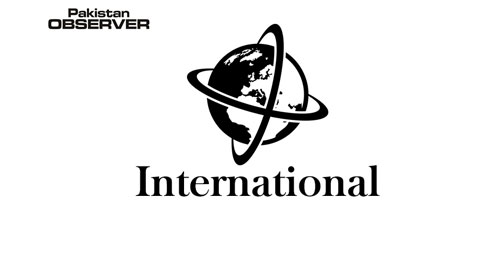The discovery of the world’s first
broadly effective antibiotics by
Sir Alexander Fleming revolutionized medical practice in the twentieth century, and soon they got labeled as “Silver Bullets,” capable of treating most of the infectious diseases with almost no side effects. Since then, they became one of the most effective tools against treatment and prevention of almost all kinds of infectious diseases. However, unregulated widespread use of antibiotics in recent years has resulted in increased resistance of pathogens against antimicrobial agents, termed as antimicrobial resistance (AMR): the ability of microorganisms, especially bacteria, to resist or to become tolerant to antibiotics through genetic modifications.
An increased variety of microbes are showing such resistance against antibiotics with every passing day. Experts fear that if the issue is not countered effectively, it may lead to substantial increase in untreatable bacterial infections resulting in deaths of patients which otherwise could have been effectively treated. A study from United Kingdom predicts that it may cause as many as 10 million human deaths annually by 2050
Others say, “Without harmonized and immediate action on a global scale, the world is heading towards a post-antibiotic era in which common infections could once again kill.”
1 0So, do we know the amplitude of what harmonized and immediate action needs to be taken? AMR is a complex, multisectoral public health problem associated with overuse or misuse of antimicrobials in human medicine and food production. Numerous other underlying causes help pathogens evolve into resistant bacteria, popularly called, “Superbugs.” The factors majorly contributing to this development of AMR crisis are usually catalogued under three major categories:
One – Growing Globalization: The unprecedented interconnectivity of human population has allowed pathogens to spread across the world at a much wider and accelerated rate.
Two – Enduring Existence: Microorganisms, being the earliest life form on Earth, have existed since the beginning of the planet and have survived for millions of years through their continuous excellence of evolution. They are both abundant and diverse in today’s world, with billions of them around us. Their small size and rapid re-generation enable them to become prevalent in the continually growing and evolving microbial population.
Three – Overuse and Beyond: Overuse of antimicrobials as the first line of defense against any ailment is a prevalent reason for AMR development, and the most striking one in today’s era. The term ‘overuse’ refers to many malpractices, including use of antibiotics without consultation/prescription, over prescription, and undue use in the livestock and agriculture sectors. This specifically has resulted in the sudden rise of resistant pathogens. Also, unregulated societies with rampant counterfeit drugs, like Pakistan, further fuel this overuse, since these drugs are readily available without prescription. Similarly, the practice of not completing prescribed course of antibiotics is another malpractice that contributes in AMR development. Overuse of antimicrobials in crops and livestock is another matter of serious concern. Ever increasing population of the world has put pressure on the agricultural production systems for more efficient yields, leading to use of antimicrobials as growth promoters to enhance production.
These antibiotics, when administered unsupervised, often find their way into the food chain in the form of antibiotic residues, ultimately adding to the already rising burden. Although the majority of antibiotic use occurs in agricultural settings, relatively little attention has been paid to how antibiotic use in farm animals contributes to the overall problem of AMR.
Moreover, there is also considerable debate in veterinary medicine regarding use of antibiotics in animals raised for human consumption (the food animals and poultry). Animal waste is often used on crops as a fertilizer too, which has been shown to create resistance as well. Seems like a vicious cycle.
[Written by: (Fleming Fund Country Grant Team – Pakistan]










